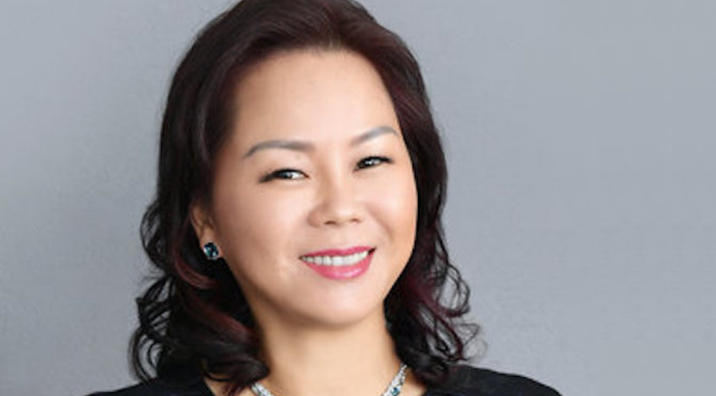Singles’ Day on November 11 is the biggest shopping event in the world. However, this wasn’t always the case. Started by university students in China in the 1990s, Singles’ Day (or 11.11 as it is sometimes called) was originally conceived as an anti-Valentine’s Day for single people to buy gifts for themselves and others. But as more retailers started offering Singles’ Day discounts and special products, it gradually became the global bonanza for bargain hunters that it is today.
ay.
As the biggest online retailer in China, Alibaba has played a key role in the rise of Singles’ Day. It held its first 11.11 event in 2009 to raise awareness of its then-new B2C e-commerce platform Taobao Mall (now called Tmall).
“It was very tough and challenging. People were hesitant to participate [because there was] no confidence in the performance [of the festival],” Maggie Zhou, Alibaba Group’s managing director of Australia and New Zealand, recalled recently at VMLY&R Commerce’s Doubling down on double 11 in APAC.
Only 27 merchants participated in the 2009 event, though Alibaba still managed to generate over US$10 million in revenue. The next year, over 2200 merchants participated, and the trend has only grown from there. Last year, over 250,000 merchants took part in Alibaba’s Global Shopping Festival for Singles’ Day, which brought in over US$74.1 billion in just 24 hours.
“It’s growing rapidly,” Zhou said. “We’re welcoming more and more merchants.”
More green and global
Alibaba’s 11.11 event hasn’t just gotten bigger over the years, it has changed in other ways, too. With over 100 million parcels now being delivered off the back of the sale, some consumers have started to question the environmental impact of Singles’ Day. Alibaba has started using green parcels and encouraging customers to reuse packaging by awarding points that can be redeemed on the platform.
Global brands and products have also become a bigger part of Alibaba’s offering through its cross-border e-commerce platform, Tmall Global, and its online marketplace in Southeast Asia, Lazada. Merchants from Australia and New Zealand have found success in the areas of healthcare, personal care, skincare, mum and baby products, and pet food in particular.
Both Australia and New Zealand ranked among the top 10 international markets by gross merchandise volume during Alibaba’s 11.11 event last year.
“Several Australia and New Zealand brands rank in the top 10 globally: Swisse, Bio Island, Ziwi, A2 Milk, Blackmores, and Ecostore,” Zhou added.
Beyond 11.11
Beyond 11.11, Alibaba is constantly looking for new ways to support its global merchants. It recently launched the Global Discovery Mall, which allows merchants to sell products on Tmall Global without having to operate their own store on the platform. The idea is to “incubate” emerging brands and help set them up for success in China.
“If you want to open your own store when more consumers understand your brand, you can open a store at that time,” Zhou said.
Alibaba has also started working with New Zealand Trade and Enterprise to help small businesses sell their products to wholesalers through its namesake B2B e-commerce platform, and it is looking to partner with a similar group in Australia.
“Many local merchants want to access the huge Chinese consumer market, and we want to extend more opportunities [in the] Alibaba ecosystem – whether it’s the B2C model, B2B model, in China, Southeast Asia, or the global markets,” Zhou said.
“Alibaba’s vision is to make it easy to do business anywhere.”

